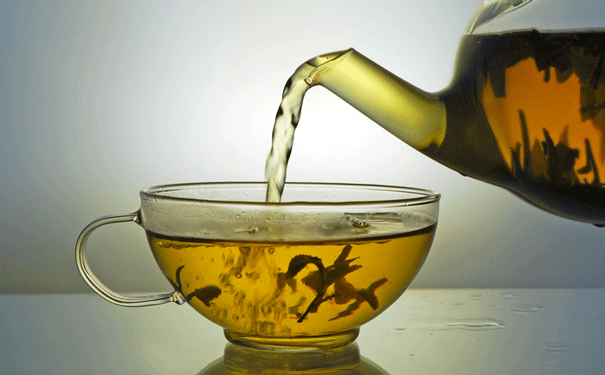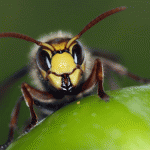
The teas are both a masking agent and a legal testosterone boost. Image: Shutterstock/eAlisa
Green and white teas can hide the presence of testosterone.
Officials may need to tighten the doping tests in the 2012 Olympics now that an unlikely masking agent has been revealed. Scientists from Kingston University in the UK have revealed that the beverages have the potential to reduce the amount of testosterone present in urine samples.
The researchers, led by Professor Declan Naughton, examined how a particular enzyme reacts to food substances to see whether it affected the amount of time substances stayed in the body. “We’ve spent the past four years researching this and as far as we’re aware it’s the first study that has found food and diet can alter the metabolism of testosterone,” Naughton says.
The enzyme excretes testosterone through urine, but can be inhibited by compounds known as catechins, which are present in green and white teas. “The catechins stop enzymes tagging molecules for excretion so the kidneys don’t recognise them as needing to be removed and leave them circulating in the body.”
Green and white teas were found to inhibit the enzyme by about 30 per cent and the levels of catechins in a strong cup of green tea matched those used by the researchers in the experiments. So athletes could technically mask the fact they’ve been illegally taking testosterone by drinking a certain amount of these teas.
So far the results are lab-based, but the World Anti-Doping Agency (WADA) may rethink its approach to drug testing if the same effect occurs in humans. “WADA is aiming to add regular checks of blood steroids to its biological passports which monitor athletes for suspicious changes in their physiology,” Olivier Rabin, WADA’s science director, says. “That should foil any attempt to fool the urine test.”
Naughton is not sure that blood testing will be enough and has suggested that hair testing may help pinpoint doping instead. “Substances stay in the hair for longer and, more importantly, are not dependant on the enzyme affected by the teas,” he says.
However, if they don’t resort to doping, the teas could actually provide the athletes a legal testosterone boost instead. The catechins could potentially keep natural testosterone in the body for longer and thus improve performance, unless the body finds another way of removing it.
Naughton says they won’t find this out until they conduct human studies. “This research is just one part of the story.”
Source: Kingston University






